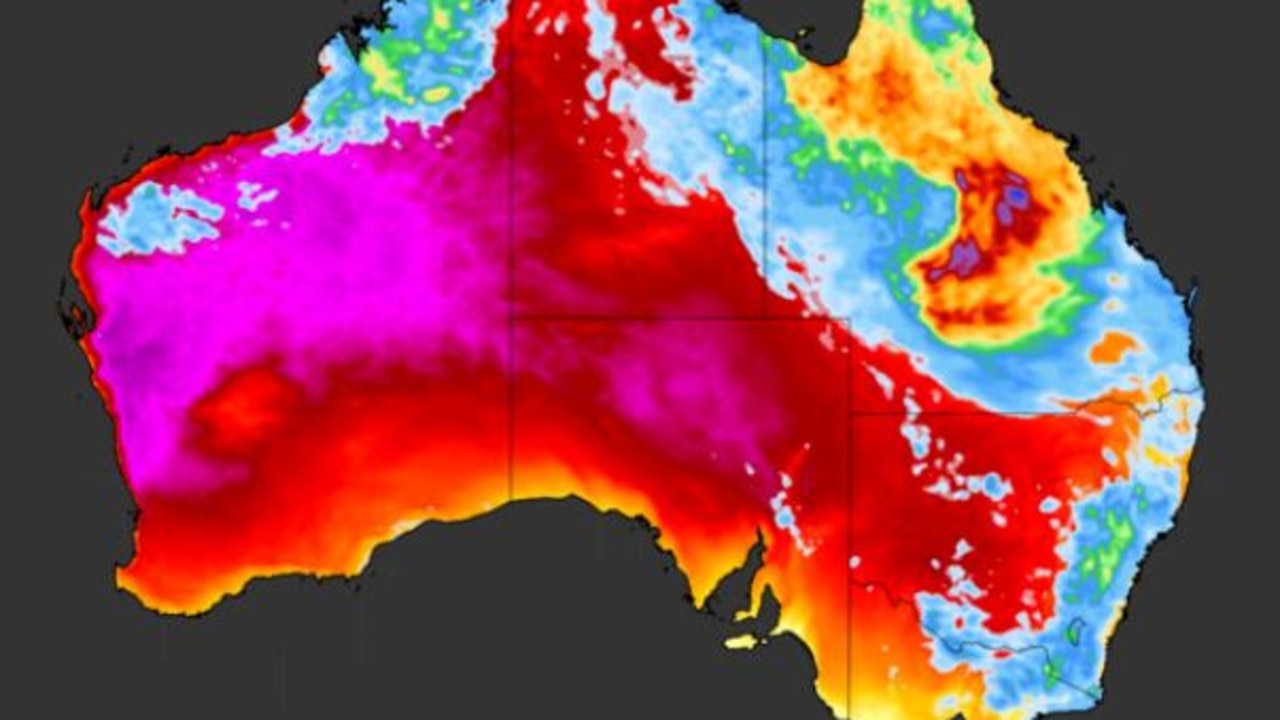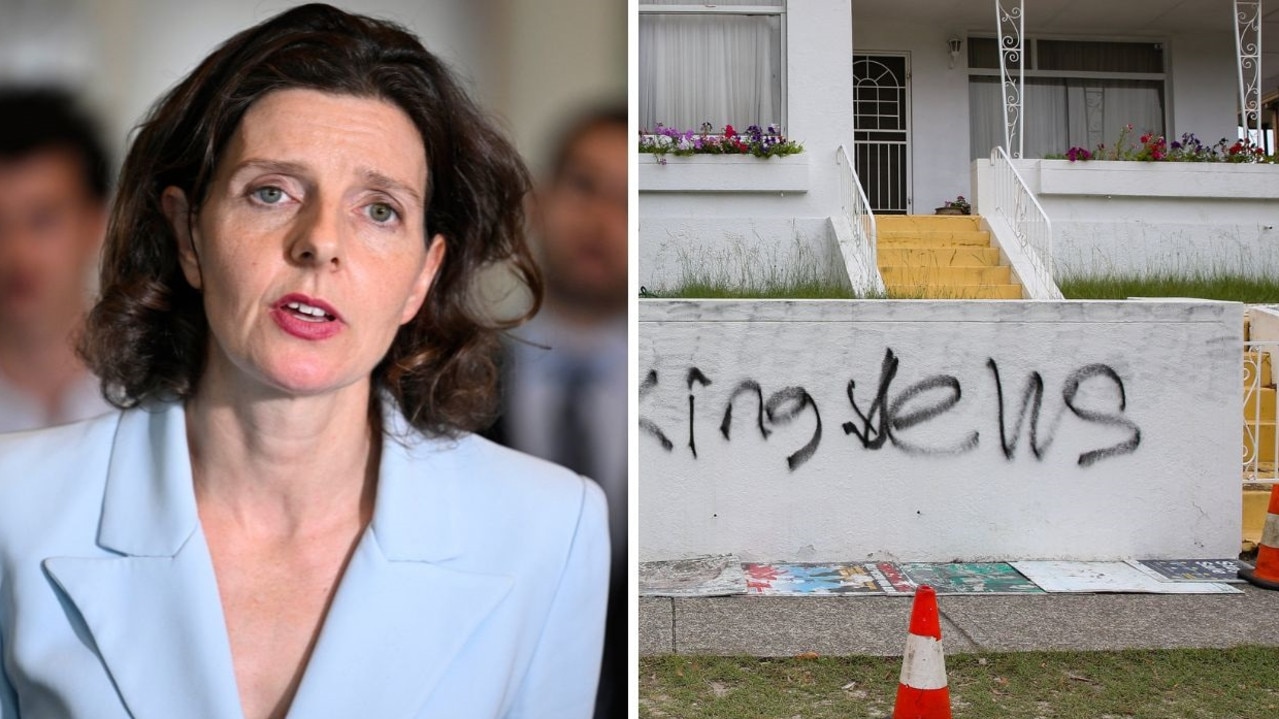Tom Minear: The lesson in how Americans understand the Voice
Anthony Albanese will have to handle the damning overseas reaction to the referendum result, but Tom Minear argues what matters more is what he does about it.
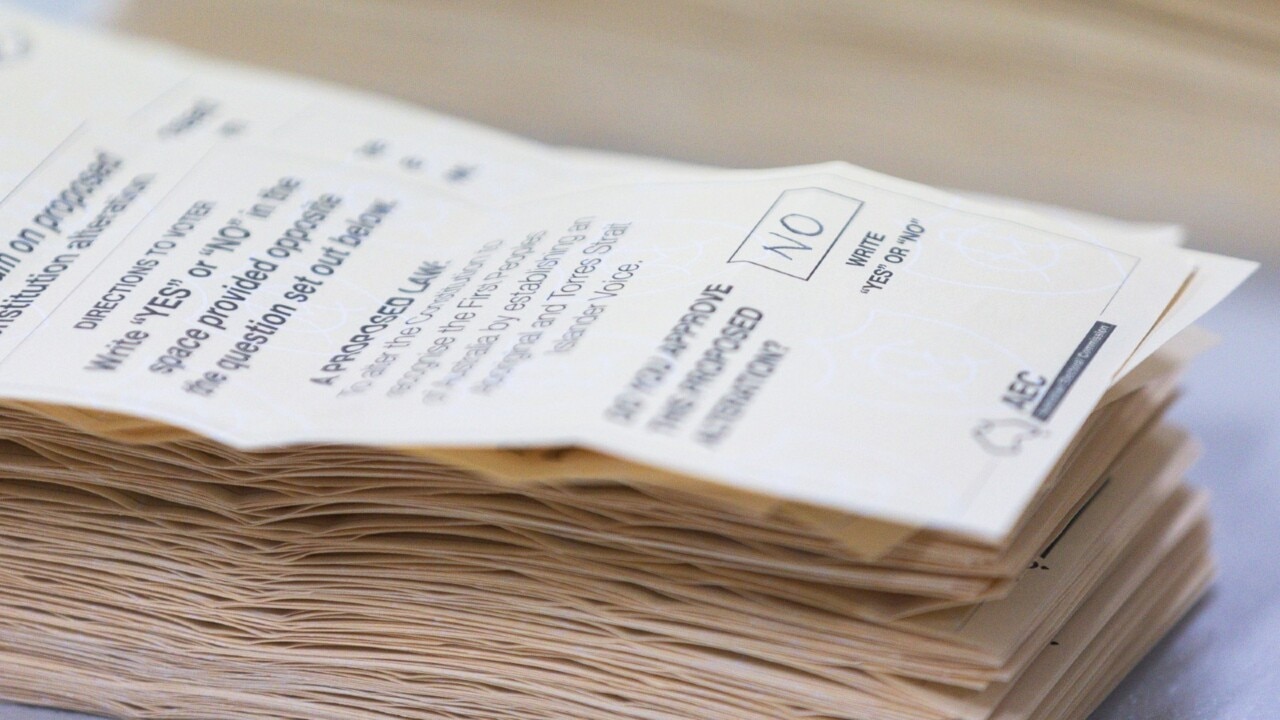
National
Don't miss out on the headlines from National. Followed categories will be added to My News.
COMMENT
Explaining the idea of an Indigenous Voice to Parliament to Americans has felt a lot like explaining it to Australians this time last year.
Cast your mind back. Most of the country knew very little about the Voice, even after Anthony Albanese made it a priority in his election victory speech. But the basic proposition – a new body advising the government on issues relating to our most disadvantaged minority, the original inhabitants of our country – was overwhelmingly popular.
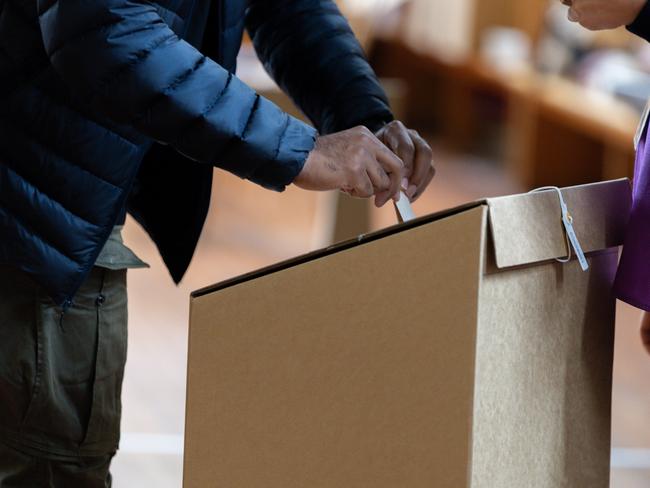
When pollsters asked the question, the answer was emphatic. Two-thirds of us said yes.
Americans, oblivious to the 12 months of fierce debate since then, have been similarly supportive when presented with the proposal that was on our ballots on Saturday. Their most common query in my conversations: why not?
It is therefore no surprise that US headlines about the referendum’s heavy defeat reflect poorly on Australia. The New York Times said it was “crushing Indigenous hopes”; CNN reported it would “inflict lasting damage on First Nations people”; Reuters called it a “major setback to the country’s efforts for reconciliation”.
This will not faze the No campaign leaders, who built their case on rejecting so-called elites. In a sense, they are right – we shouldn’t worry about the views of Qantas or the AFL, let alone The New York Times, when what matters are the views of ordinary Australians.
I suspect, however, that there is something for us to learn in the straightforward way in which those overseas instinctively understand the Voice, and how they now see our rejection of it.
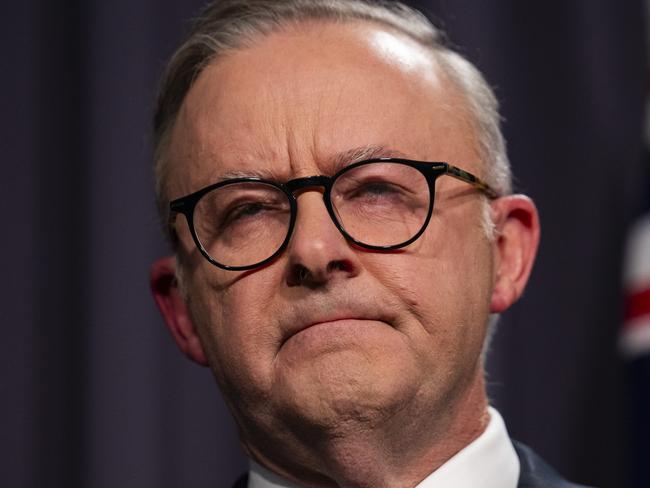
While the final result is still to be determined, something like a quarter of the Australians who initially supported the Voice decided to vote against it. Perhaps they were convinced it would divide us rather than unite us; perhaps they were unconvinced it would fix the problems it was designed to solve.
Either way, they lost touch with the gut feeling that once told them it was the right thing to do.
On all sides, so much time, effort and money has been spent only to preserve a status quo that Yes and No voters agree is failing Indigenous Australians. The Prime Minister, who will spend much of the next month overseas, must figure out how to explain this to the world.
What matters far more – for Albanese, for Peter Dutton and for all of us – is what we do about it. We cannot keep choosing to do nothing.




